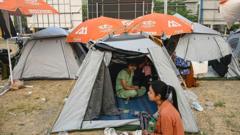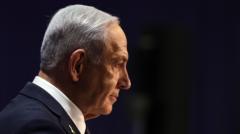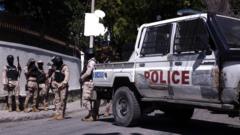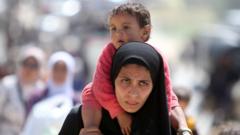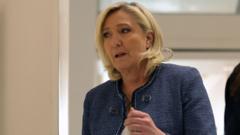The aftermath of Mozambique's presidential election has led to widespread protests and violent clashes, claiming over 250 lives as citizens accuse the ruling party of election fraud. The instability poses a critical challenge for the nation and has regional implications due to its strategic significance.
Mozambique Faces Unrest Following Disputed Election Results

Mozambique Faces Unrest Following Disputed Election Results
Mozambique is grappling with severe violence and unrest after a contested presidential election, resulting in hundreds of deaths and significant social turmoil.
In the wake of a primarily contested presidential election, Mozambique has descended into chaos, marking one of the most violent periods since the end of its civil war over three decades ago. Following the confirmation of election results favoring the ruling party's candidate by the nation’s highest court on December 23, protests erupted across the country, resulting in a staggering death toll. According to a civil society organization, at least 125 lives have been lost during protests that erupted after the initial election on October 15, bringing the total casualties to at least 252.
Protesters assert that the ruling party, Frelimo, rigged the election, igniting widespread civil unrest. The main opposition figure has publicly declared himself the legitimate winner and called for a nationwide shutdown in response to the violent outcomes of the electoral process. Demonstrations have seen streets blocked with burning tires, vandalism of properties, looting, and violent engagements between citizens and security forces. Reports emerged of makeshift tollbooths erected by protesters and several inmates escaping from detention facilities amidst the turmoil.
Cídia Chissungo, a prominent human-rights activist, lamented that the situation transcends mere protesting and has evolved into a full-scale social revolt. The unrest in Mozambique holds significant importance beyond its borders, as the nation serves as a vital port, bridging southern Africa with other global regions, raising concerns about potential ramifications on regional stability and international trade.

